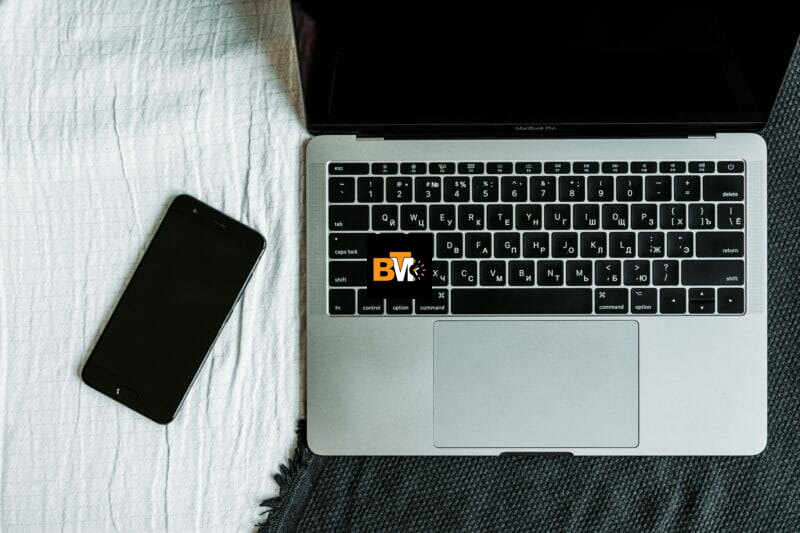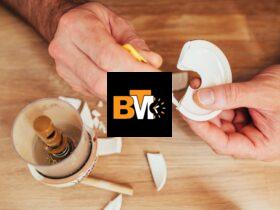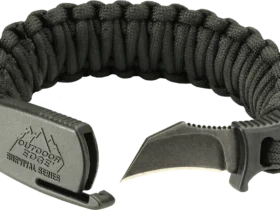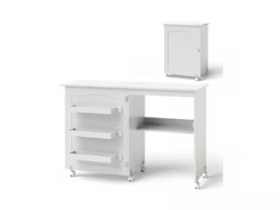Learning about money doesn’t have to be scary or confusing. In fact, it can be fun – especially when someone explains it in a way that actually makes sense. Welcome to your finance guide by Disbusinessfied – built just for beginners who want to understand money from the ground up. Whether you’re a teenager looking to save your first dollar or an adult trying to get your finances on track, this guide is your friendly, no-nonsense place to start.
What is Money and Why Does It Matter?
Money is more than just paper bills and coins in your wallet – it’s a tool. A powerful one. At its most basic level, money is something we use to buy goods and services. We give money in exchange for food, clothes, games, electricity, or even digital things like apps. But beyond that, money represents choices, security, and freedom.
Think about it like this: having money gives you the freedom to make decisions. Want to go to college? That takes money. Want to help your family? Money helps. Want to travel or start a business? Yep – money again. That’s why understanding how money works is such a big deal. It helps you shape your life, instead of just reacting to what happens.
Money matters because it affects almost every part of your daily life. From the moment you wake up and use electricity, to the food you eat, the clothes you wear, the internet you scroll – money was involved somewhere. And when you learn how to manage it wisely, you start building a life you actually want.
Meet Your Money – The Basics
Let’s break down the basics of money – no fancy words, no confusing math.
First, there’s income, which means the money you earn. You could earn it from a job, selling something, or even getting it as a gift. Then there’s spending, which is when you use that money to buy stuff. There’s also saving, which means keeping some of your money for later. And last but not least is budgeting, which is making a plan for how to use your money so you don’t run out.
Think of money like water in a bottle. If you keep pouring it out without thinking, it runs out fast. But if you take small sips, and sometimes refill it, that bottle will last a lot longer.
Smart Ways to Save Money
Saving money sounds boring until you realize it’s actually the key to buying the things you really want – without stressing. It’s not about never spending money; it’s about being smart with it. A good savings habit makes life less stressful and gives you control.

Start With a Piggy Bank
Yes, even in the digital age, a good old piggy bank (or a savings jar) is where it all begins. It’s not about how much you put in – even saving a dollar a day adds up. This builds a habit. When you see your savings grow, you feel proud and more motivated to keep going. And once you get used to putting money aside, digital savings accounts are the next step.
Wants vs Needs
One of the easiest ways to save money is understanding the difference between what you want and what you need. Needs are things you must have to live – like food, water, a home, clothes. Wants are the extras – like fast food, the latest phone, name-brand clothes. When you’re making money decisions, ask yourself: Do I need this or just want it? If it’s a want, maybe you can wait.
Save Before You Spend
Here’s a money trick that works like magic: save before you spend. Most people do the opposite – they spend what they want, then see what’s left. But smart savers take a small chunk of their income right away and save it first. Even saving just 10% of what you earn can grow into something big over time.
Easy Budgeting for Beginners
Budgeting isn’t just for accountants or business owners. It’s for everyone – even kids and teens. A budget is simply a plan for your money. It helps you decide in advance how much you’ll spend, save, and maybe even give to others.
Let’s say you earn $100. A smart budget might look like this: $50 for things you need, $30 for saving, and $20 for fun or wants. The key is writing it down or using a budgeting app. That way, you see exactly where your money goes instead of wondering where it disappeared.
Budgeting helps you avoid debt, reach your goals, and feel confident about your choices. Think of your budget like a GPS – it keeps you on track, even if you take a few wrong turns along the way.
How to Earn Your First Dollar
Earning your own money for the first time is exciting – it makes you feel proud and independent. There are lots of simple ways to make money, even if you’re young or just getting started. You could mow lawns, babysit, sell homemade crafts, start a YouTube channel, or help neighbors with chores. If you’re older, part-time jobs like retail, tutoring, or freelance work online are great starting points.
The key is to think about what you’re good at or enjoy doing. People are often willing to pay for help or creativity. Once you earn that first dollar, you learn the value of work – and that lesson sticks with you for life.
Spending Smart – Don’t Buy Everything You See
It’s tempting to spend money the moment it lands in your pocket. Ads, influencers, and sales are always telling you to buy now. But smart spenders pause before making decisions. When you spend wisely, you get more value from your money and avoid regret.

Sleep On It Rule
Before buying something big or expensive, wait 24 hours. Give yourself time to think: Do I really need this? Will I still want it tomorrow? Most impulse buys lose their appeal overnight. This small habit can save you hundreds (even thousands) over time.
Discounts and Deals Are Your Friends
There’s no shame in hunting for deals. In fact, it’s a smart move. Look for coupon codes, student discounts, cashback apps, and seasonal sales before making a purchase. Why pay full price when you don’t have to?
The Power of Saving Early
One of the most powerful money moves you can make is starting to save early. Even if you save just a little, the longer your money sits in a savings account or investment account, the more it grows. This is thanks to something called compound interest – where your savings earn money, and then that money earns more money. The earlier you start, the richer your future self will be.
What is a Bank?
A bank is a safe place to keep your money. Instead of hiding it under your bed, you can put it in a bank account, where it’s protected and even earns interest. Banks help you save, spend, send, and receive money. You can get a debit card to use your money or set up online banking to check your balance anytime.
Banks also offer tools like checking accounts for daily spending and savings accounts for storing money over time. If you build good habits, banks may later offer you loans or credit cards, but those should only be used wisely. Always remember: a bank is a tool, not a magic money machine.
The Bottom Line
Money doesn’t have to be confusing or stressful. It’s just a part of life – and once you understand the basics, you can make it work for you. This finance guide by Disbusinessfied was designed to be simple enough for a 10-year-old, but helpful enough for anyone starting their financial journey.
Start with what you have. Save a little. Spend wisely. Budget your income. Learn from your mistakes. And most of all – keep learning. Money is a skill, and like any skill, the more you practice, the better you get.
Remember: you don’t need to be rich to be smart with money. But being smart with money? That’s how most people get rich.







Leave a Reply